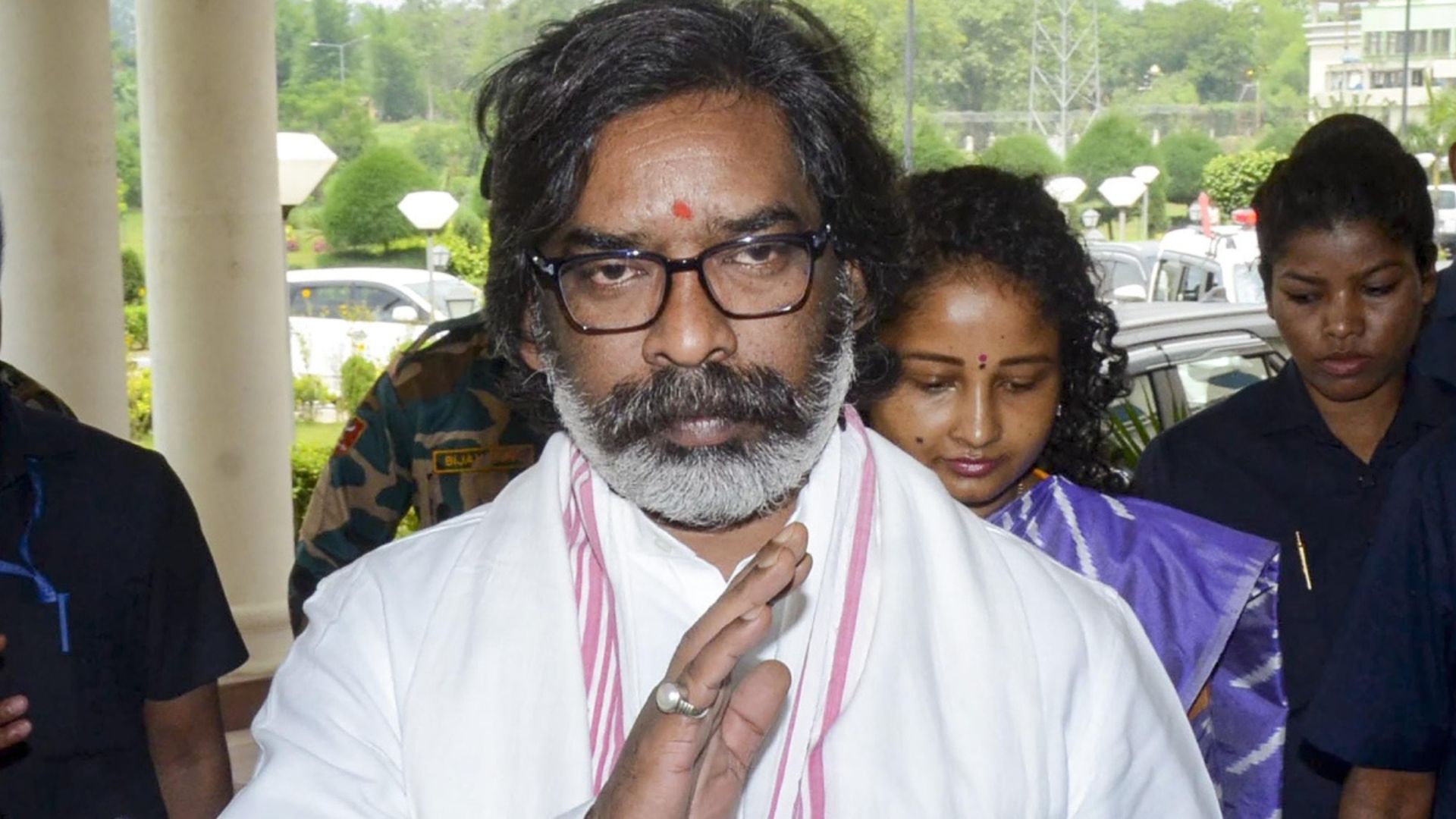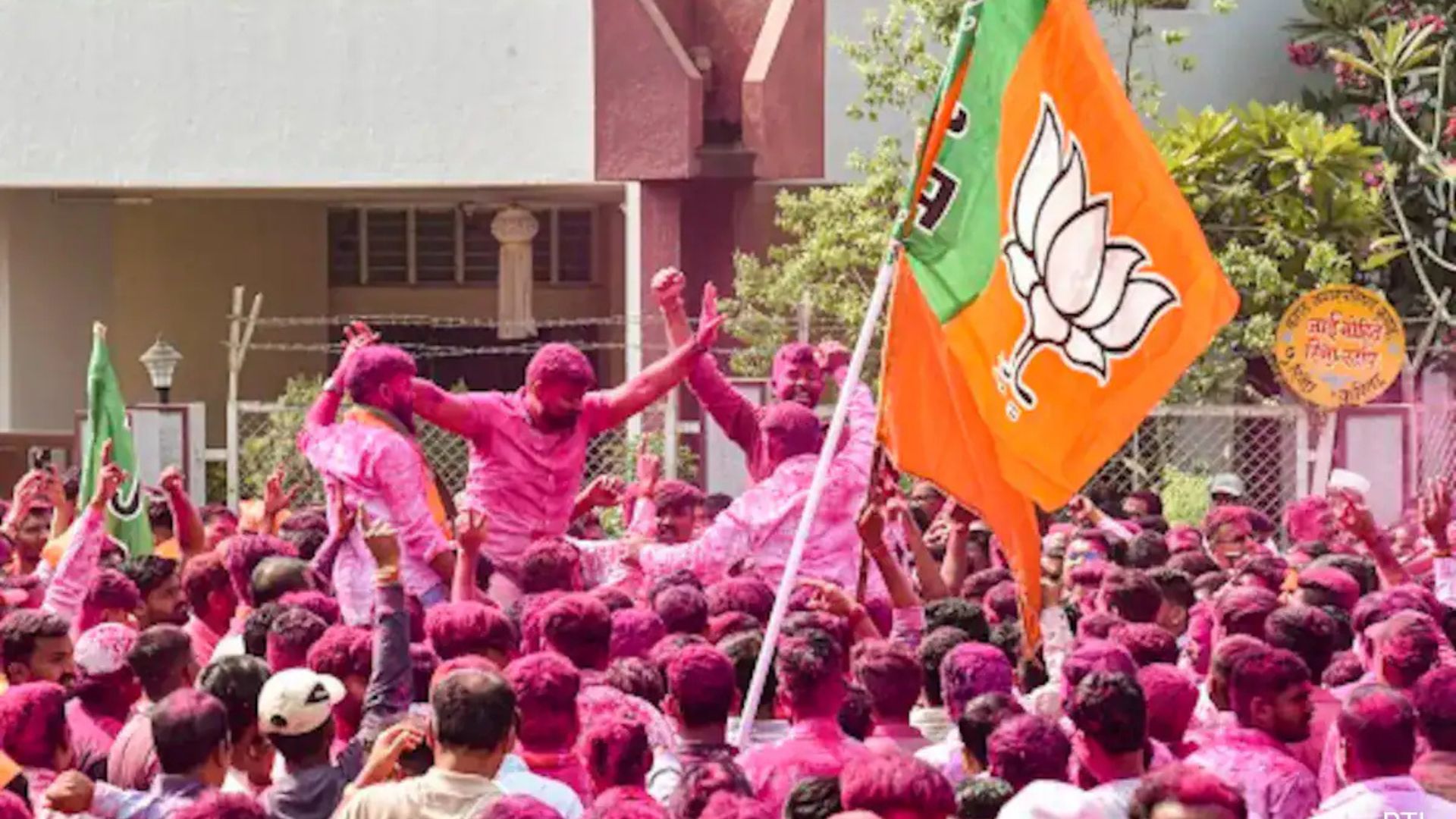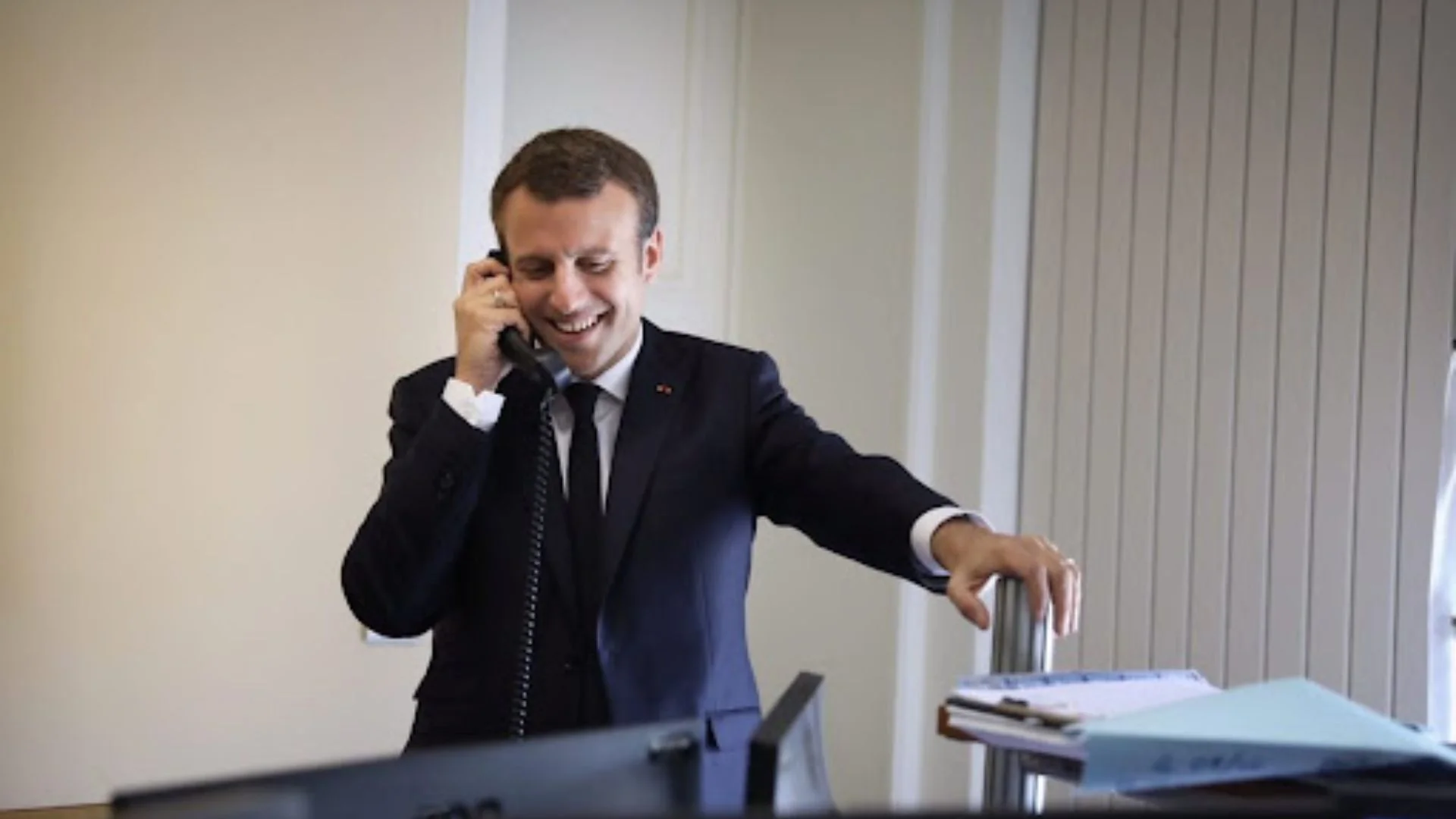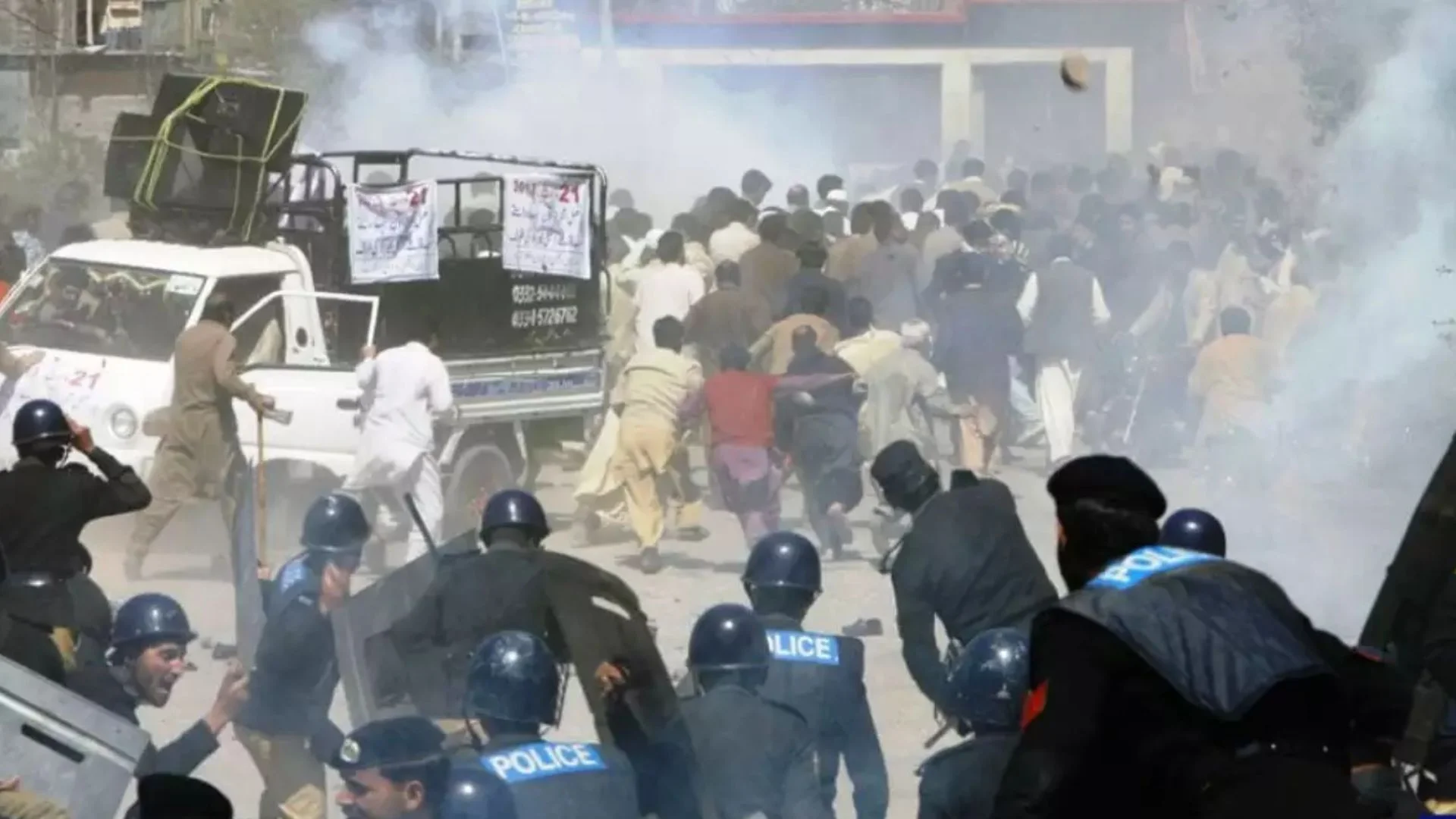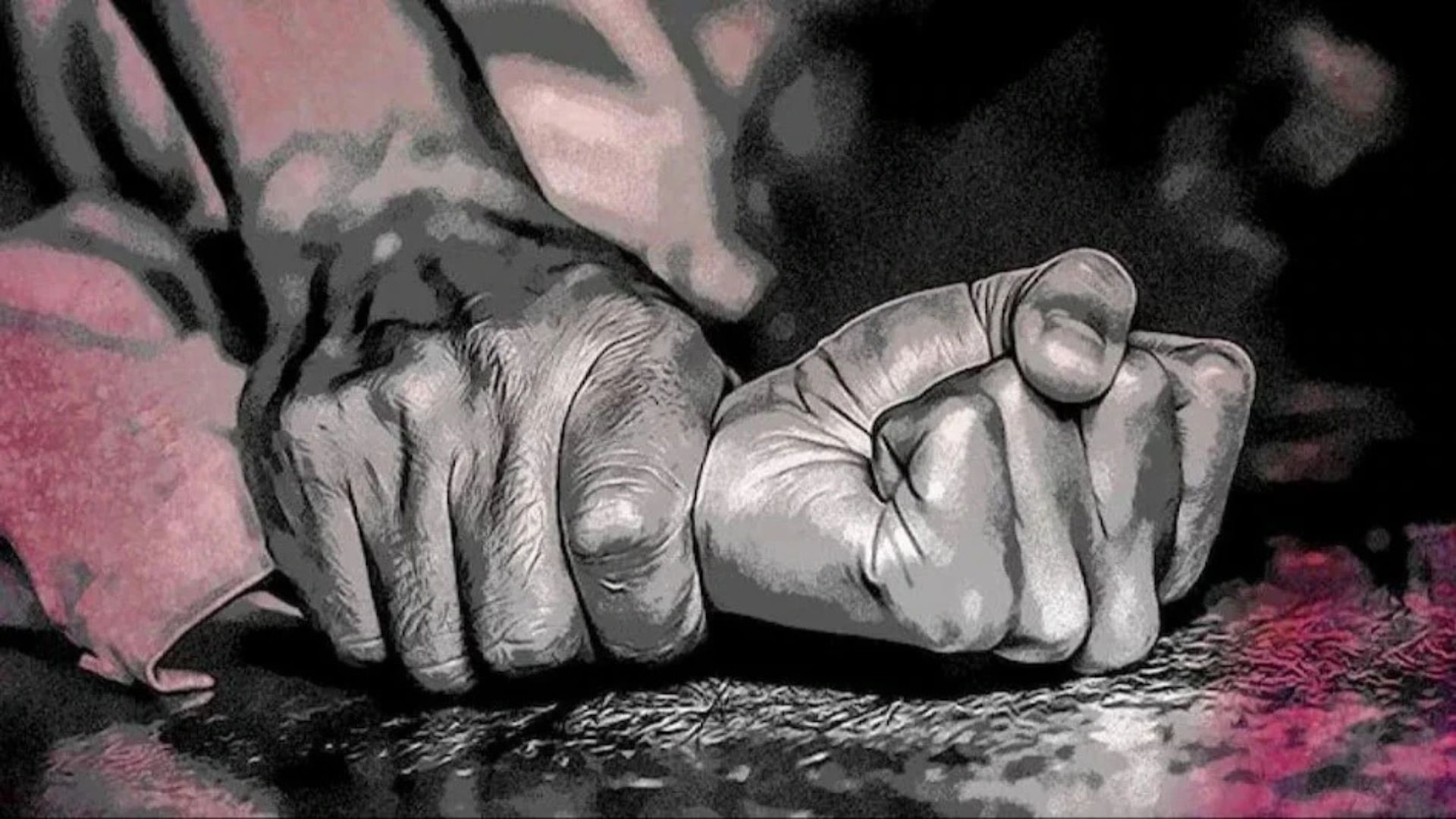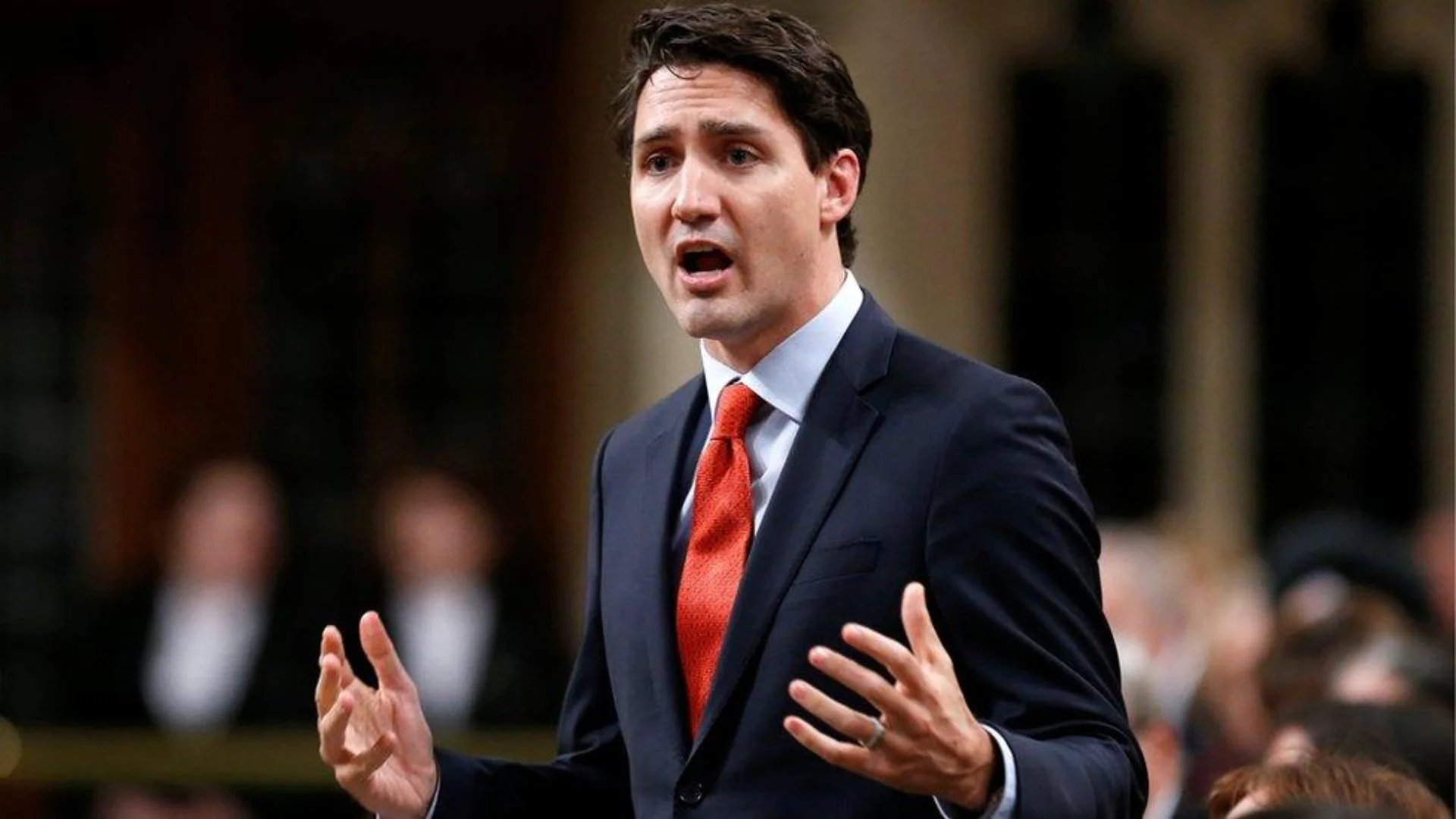
In the latest development in the ongoing diplomatic standoff between Canada and India, Canadian Prime Minister Justin Trudeau has escalated the conflict by accusing his own intelligence officials of criminal behavior. Trudeau’s comments came after reports surfaced that linked top Indian officials, including Prime Minister Narendra Modi and Foreign Minister Subrahmanyam Jaishankar, to violent activities on Canadian soil.
During a press conference in Brampton on Friday, Trudeau took aim at those he described as “criminals” within Canada’s intelligence community for leaking top-secret information that allegedly implicated Indian leaders in criminal activities. “We have seen, unfortunately, that criminals leaking top-secret information to the media have consistently gotten those stories wrong,” Trudeau said, further emphasizing that such leaks were not only misleading but also illegal. The Canadian Prime Minister added that these leaks had prompted a national inquiry into foreign interference, which has revealed that the information provided by these sources is unreliable.
Reacting on Globe & Mail report on PM Modi, EAM, NSA, Canada PM Justin Trudeau terms his officials ‘criminals’ for leaking information to media on Indian Leadership; Terms media reports ‘wrong’
Ctsy: CPAC pic.twitter.com/eQji6hKkNw
— Vipul🎭 (@_lonewolf0308) November 23, 2024
The remarks from Trudeau followed a rebuttal from the Canadian government regarding a report by The Globe and Mail. The newspaper had claimed that Canadian security agencies believed that Indian officials, including Prime Minister Modi, Foreign Minister Jaishankar, and National Security Adviser Ajit Doval, were aware of violent plots on Canadian soil. In response, Nathalie Drouin, Trudeau’s intelligence adviser, released a statement refuting the claims. The statement clarified that the Government of Canada had no evidence linking these Indian leaders to criminal activities within the country. “Any suggestion to the contrary is both speculative and inaccurate,” Drouin said, reaffirming Canada’s position.
The diplomatic relationship between Canada and India has been under significant strain, particularly following Trudeau’s allegations in September 2023 that Indian agents may have been involved in the killing of Khalistan terrorist Hardeep Singh Nijjar, who was a Canadian citizen. India swiftly rejected these allegations, calling them “absurd” and stressing that Canada’s failure to take action against pro-Khalistan elements operating within its borders was a key issue in the bilateral relationship.
Tensions further escalated after Canada accused Indian government agents of being linked to Nijjar’s 2023 murder. India has consistently denied any involvement in the incident and rejected the accusations as politically motivated. This growing diplomatic rift between the two nations has led to the expulsion of top diplomats on both sides.
The dispute highlights the deepening divide between Canada and India, two nations with significant diaspora populations that hold differing views on issues related to the Khalistan movement. As diplomatic ties continue to deteriorate, both countries seem determined to defend their respective positions, with no immediate resolution in sight. The ongoing situation has left many wondering how these tensions will impact future relations between the two nations and their global standing.
